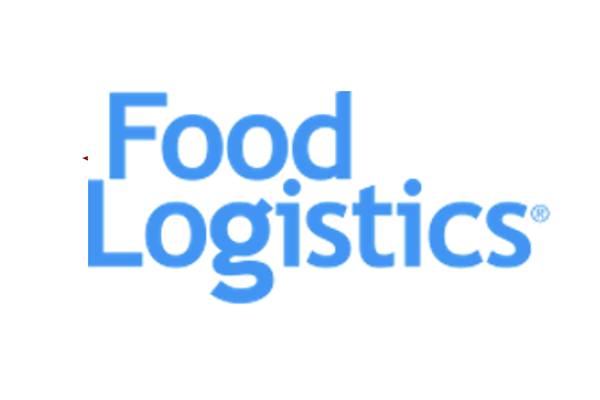Faced with the escalating impact of climate change, food manufacturers across the globe are intensifying their focus on sustainability initiatives.
Supply chains are at the cusp of a transformative era in the food manufacturing industry, marked by the emergence of manufacturing energy transformation. Manufacturing energy transformation involves diligently monitoring energy consumption, carbon emissions, and waste throughout the entire value chain to identify areas for enhancing sustainability compliance. The drive behind this initiative is partly due to proposed legislation mandating new standard emissions reporting. Faced with the escalating impact of climate change, food manufacturers across the globe are intensifying their focus on sustainability initiatives.
Increased government pressure
Growing government pressure is evident across every industry as organizations strive for carbon neutrality objectives. The Securities and Exchange Commission (SEC) recently proposed measures requiring companies to disclose their greenhouse gas (GHG) emissions to investors, aiming to augment environmental, social, governance (ESG) transparency and diminish carbon footprints. Further, public companies will be asked to report their Scope 3 emissions to stakeholders. Scope 3 emissions, which are upstream and downstream emissions of a product across the supply chain, are especially difficult for manufacturing leaders to track since this data is not easily accessible.






